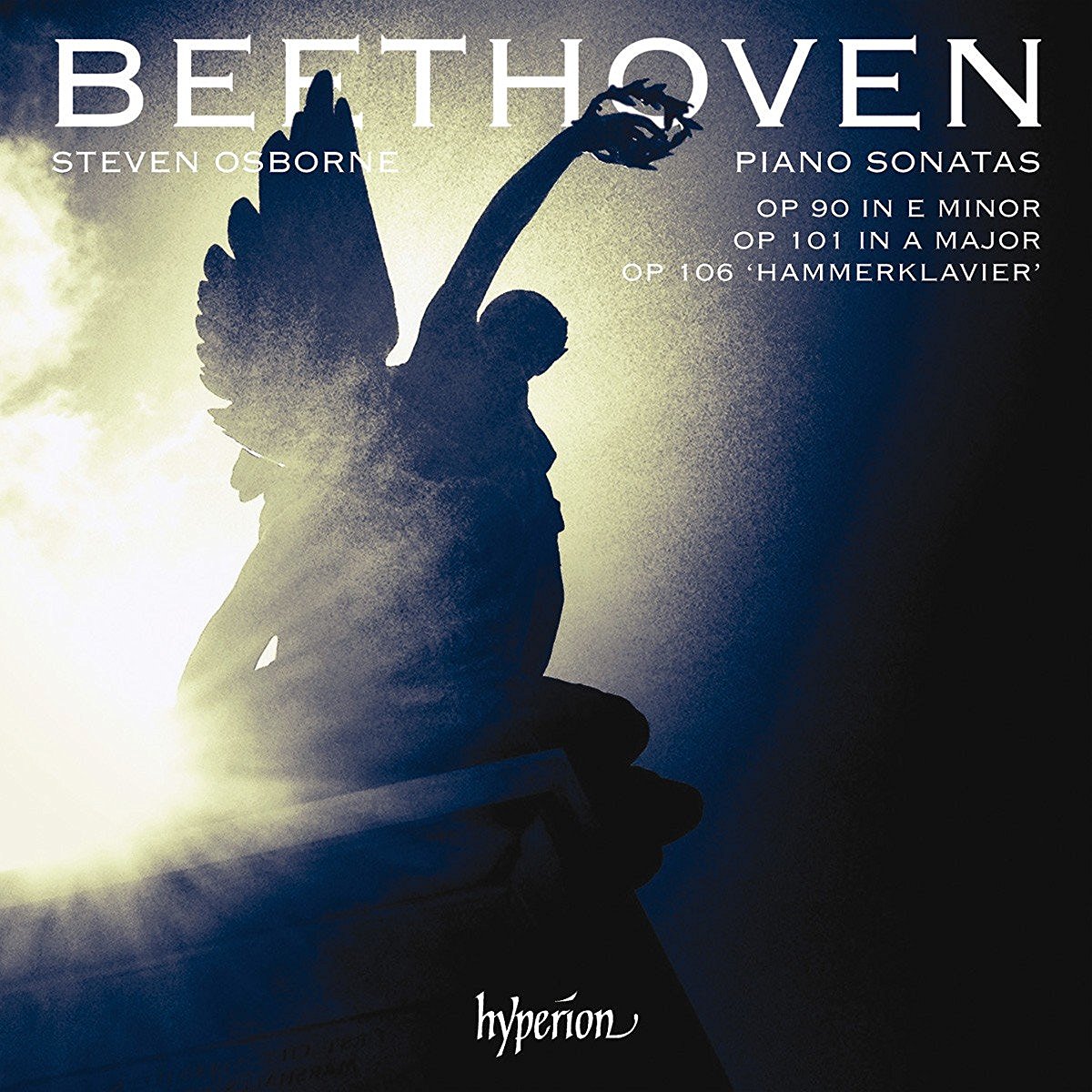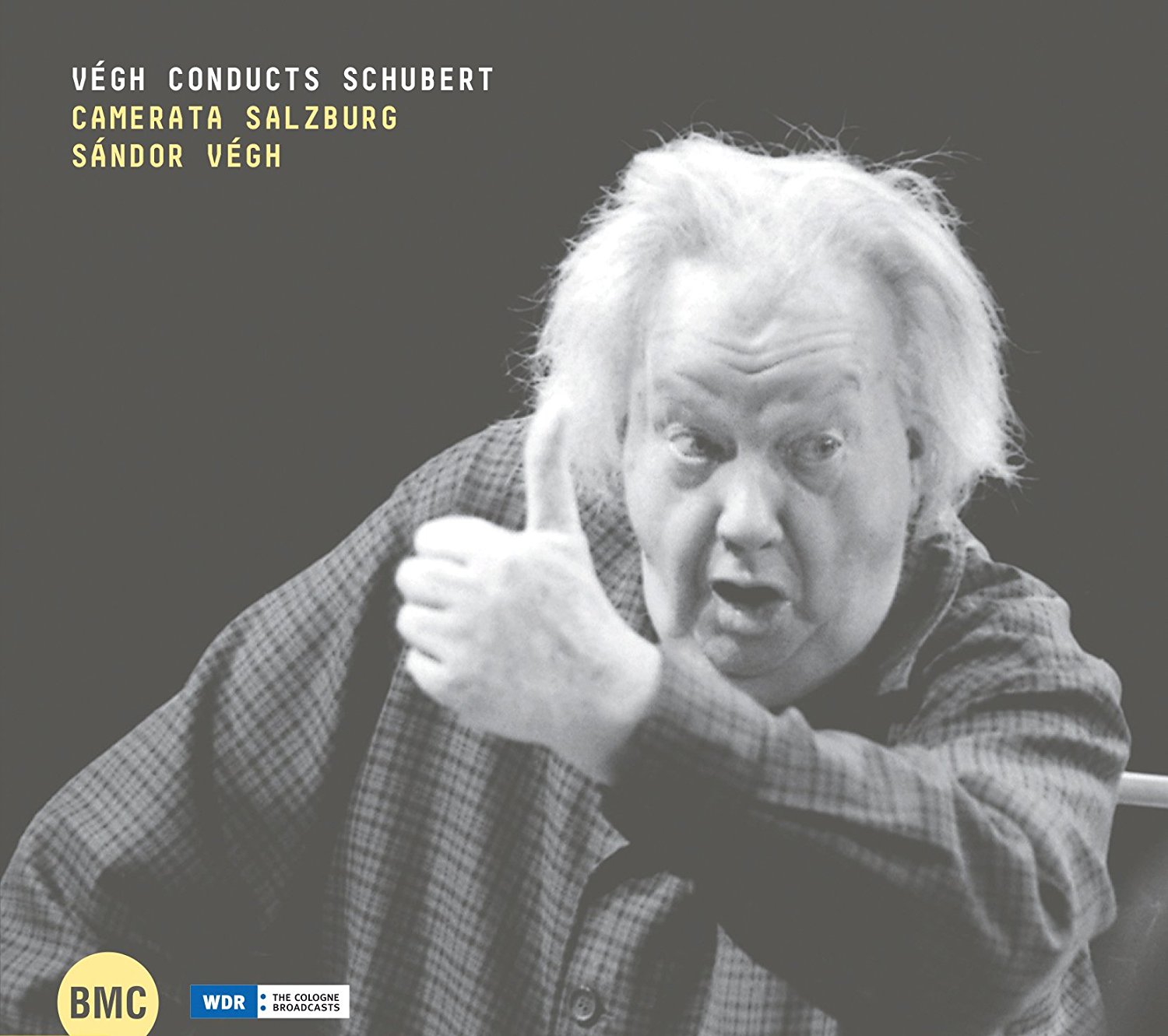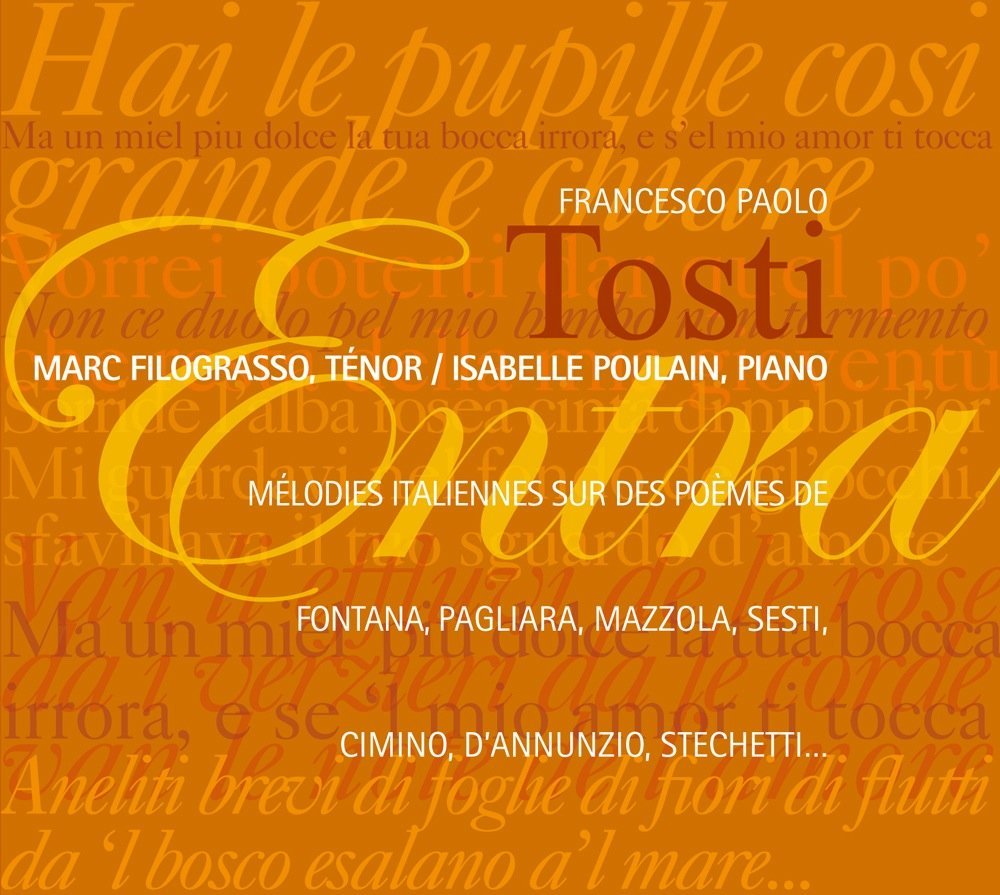 Beethoven: Piano Sonatas Op. 90, Op. 101 and Op. 106 Steven Osborne (Hyperion)
Beethoven: Piano Sonatas Op. 90, Op. 101 and Op. 106 Steven Osborne (Hyperion)
These three Beethoven sonatas are often thrown together as a trilogy; each work seems to lead into the next, the technical demands and scale increasing as they progress. Steven Osborne’s disc places the Hammerklavier first. And it’s phenomenally good; a big-boned, entertaining performance of a vast, unwieldy work, Osborne capturing the grandeur along with the passages of whimsical introspection. There’s a racy scherzo and a beautifully sustained slow movement. And what a finale: Beethoven’s peculiar slow introduction leading to the most insanely complex of fugues. You need two brains and 20 fingers to play this stuff well. Osborne manages it with no sign of strain.
The Op. 101 Sonata is a less daunting experience. The compact opening movement’s lyricism comes as a relief, and Osborne’s “Vivace alla marcia” has an engaging swagger. There’s more fugal fun in Beethoven’s last movement, handled with an aplomb that makes one want to hear this pianist playing Bach. The earlier, two-movement Sonata in E minor completes the disc. Osborne’s crisp articulation is a real pleasure, but he never makes the music sound hectoring or shrill. Warmth, wit and intelligence are present in equal measure. Superb performances, in rich, immediate sound.
 Schubert: Symphonies 1-4 Camerata Salzburg/Sándor Végh (BMC)
Schubert: Symphonies 1-4 Camerata Salzburg/Sándor Végh (BMC)
The Hungarian violinist Sandor Végh’s long career included encounters with many 20th century greats; his New Hungarian String Quartet gave the premiere of Bartok’s 5th Quartet. He studied composition under Kodály, and peformed regularly with the likes of Casals, Serkin and Menuhin. Health issues affected Végh’s violin playing in the final decades, so he turned increasingly to conducting, though he referred to himself as, “Not a conductor: I am a musician who conducts because he cannot live without music.” Végh led the Camerata Salzburg from 1978, moulding the group into one of the world’s leading chamber orchestras – undoubtedly helped by filling the ensemble’s string section with his own pupils. These Schubert symphonies were recorded live in 1996, a year before his death. The orchestral playing is glorious – Végh’s phrasing always teasing out enough detail without interrupting the flow. It’s impossible to listen without grinning. Take the quizzical slow introduction to Symphony No. 2, a sequence of simple flute trills transformed into something enchanting. Végh makes us savour the moment, and we almost fail to notice when the movement’s fast main section kicks off. And what delicate, precise string playing, Végh’s lively speeds offering nowhere to hide.
Schubert’s Symphony No. 3 is the real treasure here. An unpretentious, effervescent joy, it’s wonderfully served by the Salzburg players. Oboes and bassoons are peerless in the first movement’s second subject, and Végh’s tempo in the finale is ideal. The mysterious opening to No. 4 sounds marvellous, the faster section’s stormy main theme buoyant thanks to the conductor’s rhythmic zest. This is another great, underrated work, with the musicians making a brilliant case for it. The sound is warm and well-balanced: Végh’s vivaciousness in old age offers hope to us all.
 Francesco Paolo Tosti: Entra Marc Filograsso (tenor), Isabelle Poulain (piano) (Axile)
Francesco Paolo Tosti: Entra Marc Filograsso (tenor), Isabelle Poulain (piano) (Axile)
Francesco Tosti was once one of the most famous, highly-paid composers in Britain. Italian-born and trained, he first visited London in 1875, soon becoming a fixture in fashionable salons. He was given the job of singing master to the Royal Family a few years later, eventually becoming a professor at the Royal Academy of Music. He became a British citizen in 1906, receiving a knighthood two years later. Here are 27 of his songs, all settings of Italian poetry – as the sleeve note points out, Tosti resided in London but never really left Italy. They’re consistently appealing; Tosti’s melodies are always singable, the unfussy piano accompaniments a perfect match.
Would that texts and translations were supplied by the label; unless your Italian is up to snuff you’ll just have to sit back and wallow in the tunes, sweetly sung by tenor Marc Filograsso. His isn’t the youngest-sounding of voices, but he’s sufficiently agile and characterful. Many of these songs sound instantly familiar and you’ll find yourself involuntarily humming or singing along. Gems include “Un Bacio”, unfolding to a catchy walking bass, and an irresistible “Canzone Veneziana”. Filograsso also sings the late song cycle Consolazione, completed shortly before Tosti’s death in 1916. Setting poetry by the composer’s friend Gabriele d’Annunzio, the sequence give us a tantalising glimpse of Tosti in more serious, reflective mood. A highly appealing disc, Isabelle Poulain’s piano accompaniments utterly sympathetic. But what a shame about the lack of texts...














Add comment